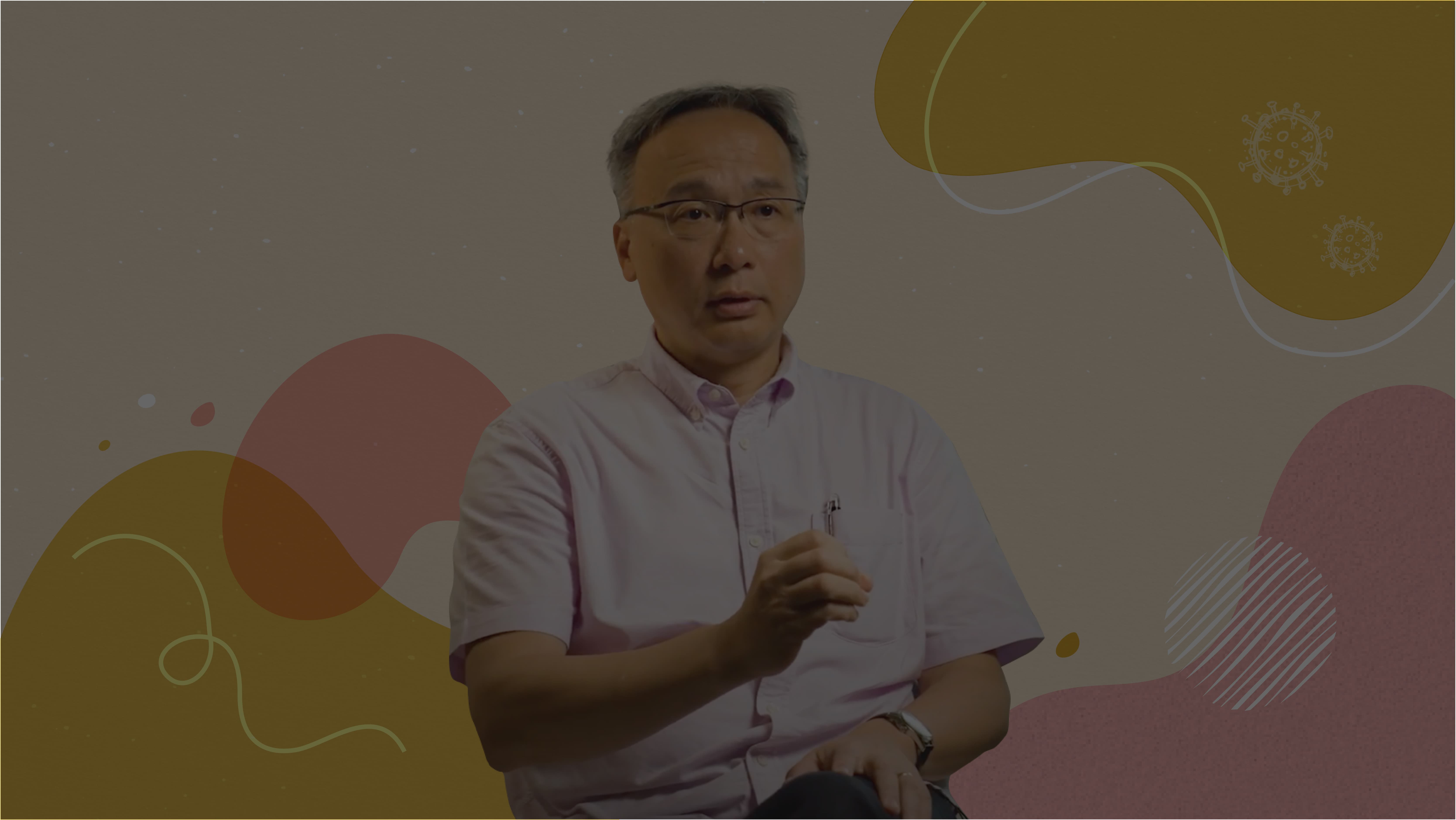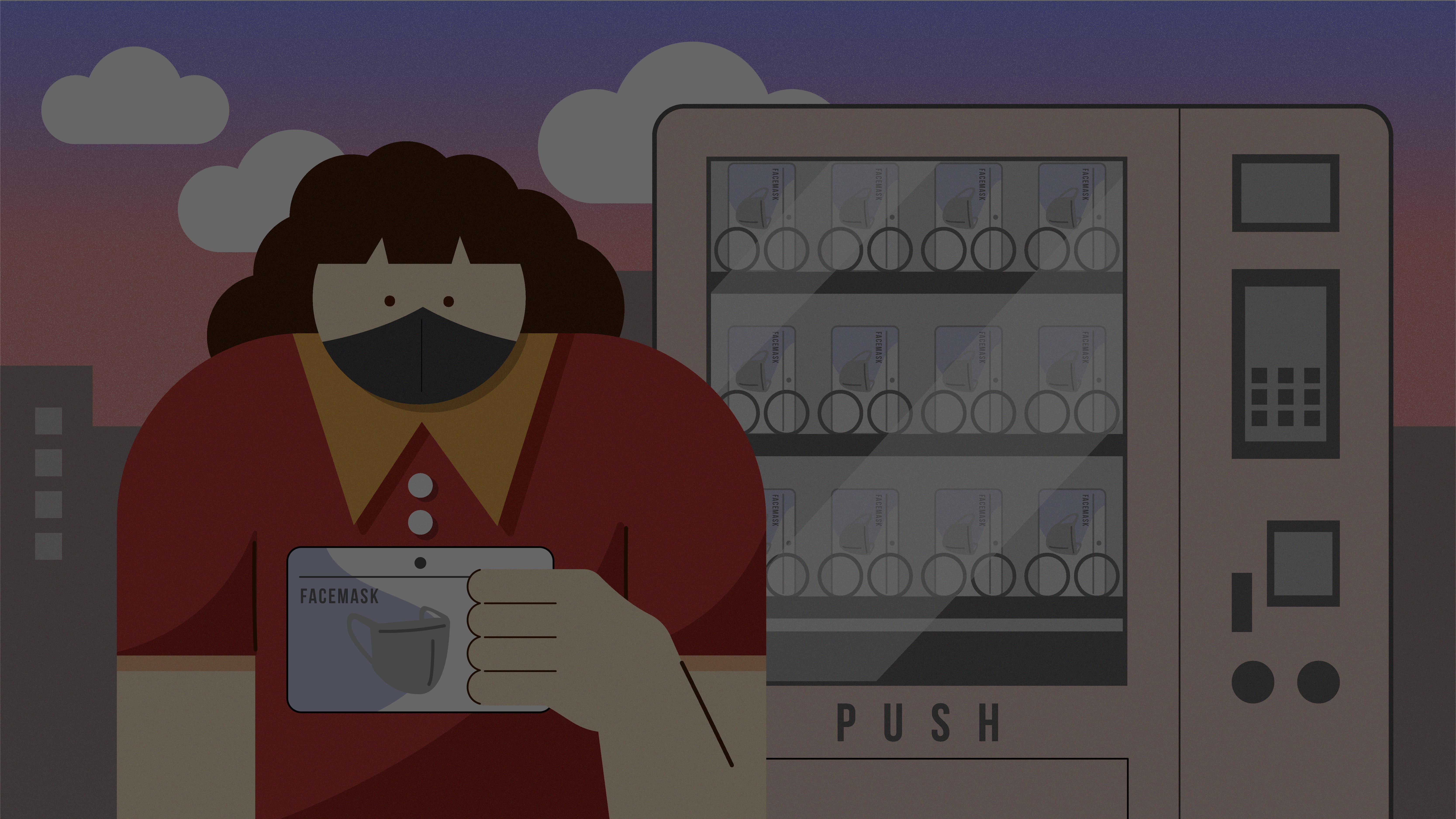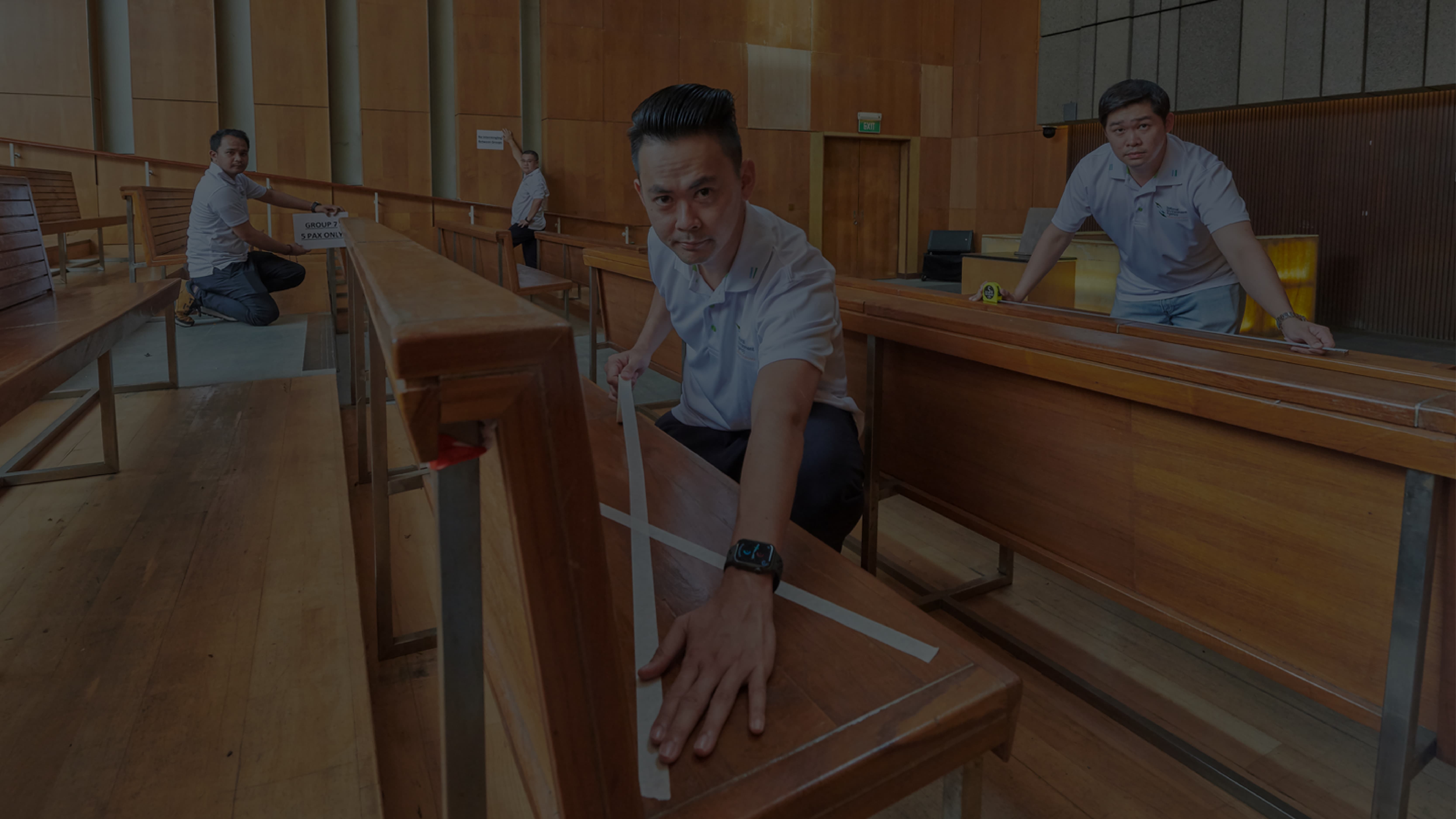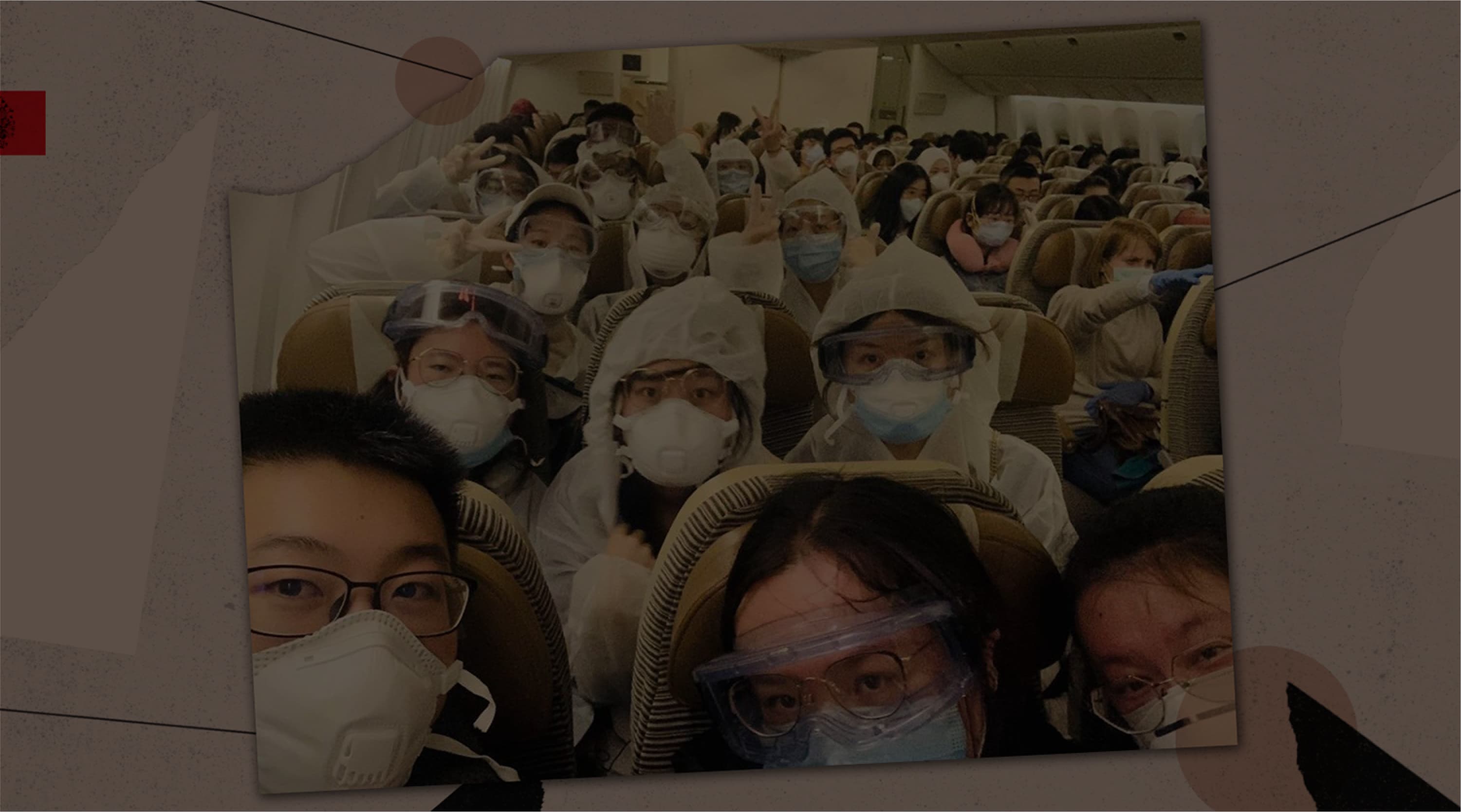Beyond Shelters: Setting Up Safe Spaces For Recovery
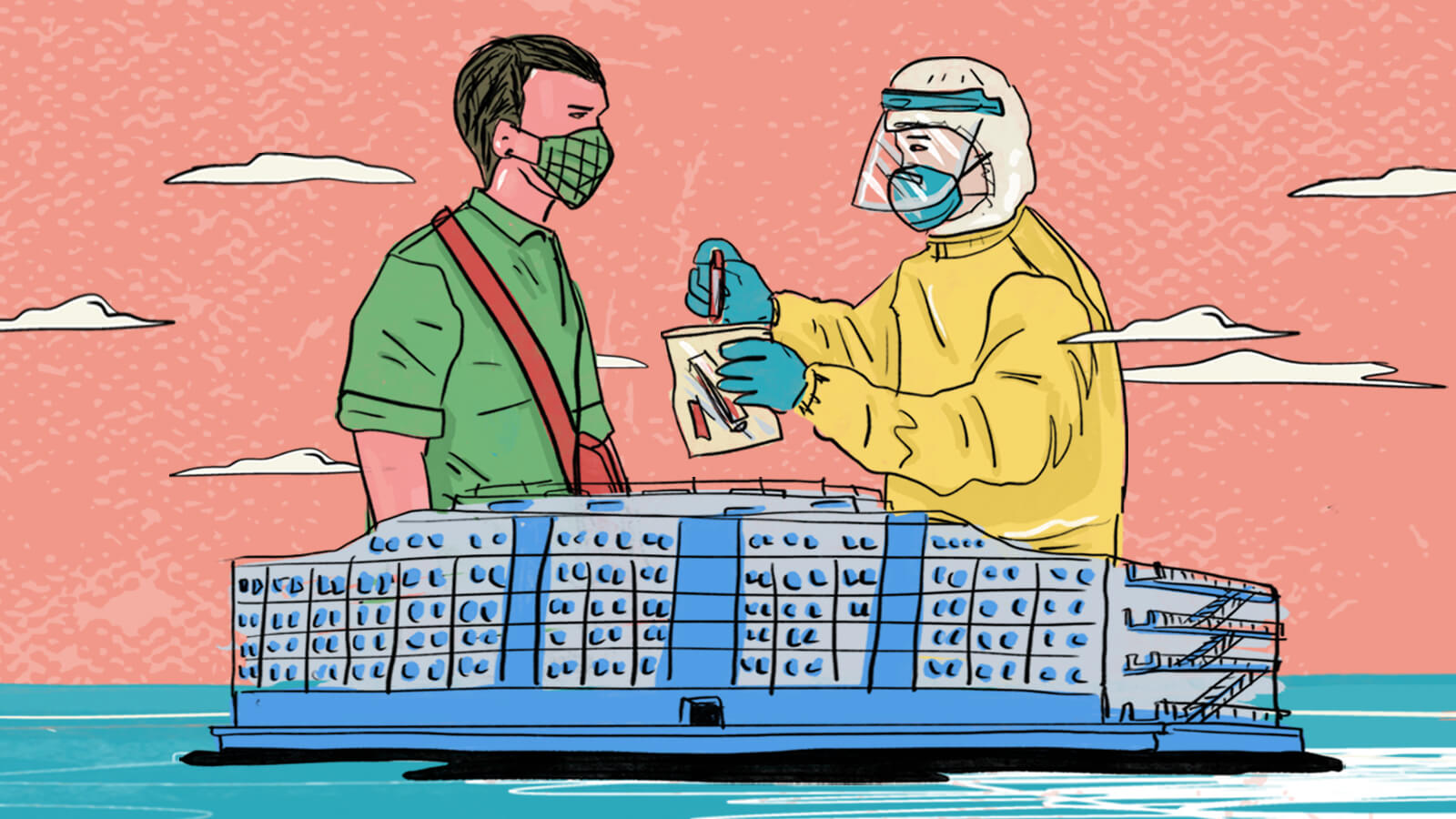
- POSTED ON
Jan 12, 2023
- TEXT BY
Tuber
- ILLUSTRATION BY
Mushroomhead
As the COVID-19 pandemic worsened in 2020 and quarantine measures kicked in, more spaces were needed to safely accommodate Singaporeans returning from overseas as well as keep healthy migrant workers separate from the dormitories put in quarantine.
From March 25, 2020, residents returning from the UK and US had to stay in dedicated hotels to serve their 14-day Stay-Home Notice (SHN). These returnees made up the largest percentage of imported COVID-19 cases in Singapore, and more Singapore residents were expected to return from both countries in the following weeks.
By April 9, all returning residents had to serve their SHN at designated facilities to further stem the risk of importation.
Singapore’s hotels played a key role by offering rooms for various national and business requirements. Apart from serving as SHN Dedicated Facilities, they were also used as Government Quarantine Facilities, as well as housing for foreign workers affected by border restrictions.
The Singapore Tourism Board (STB) worked closely with various government agencies to facilitate SHN operations at dedicated facilities, providing accommodation for more than 370,000 people on SHN (as of March 2021).
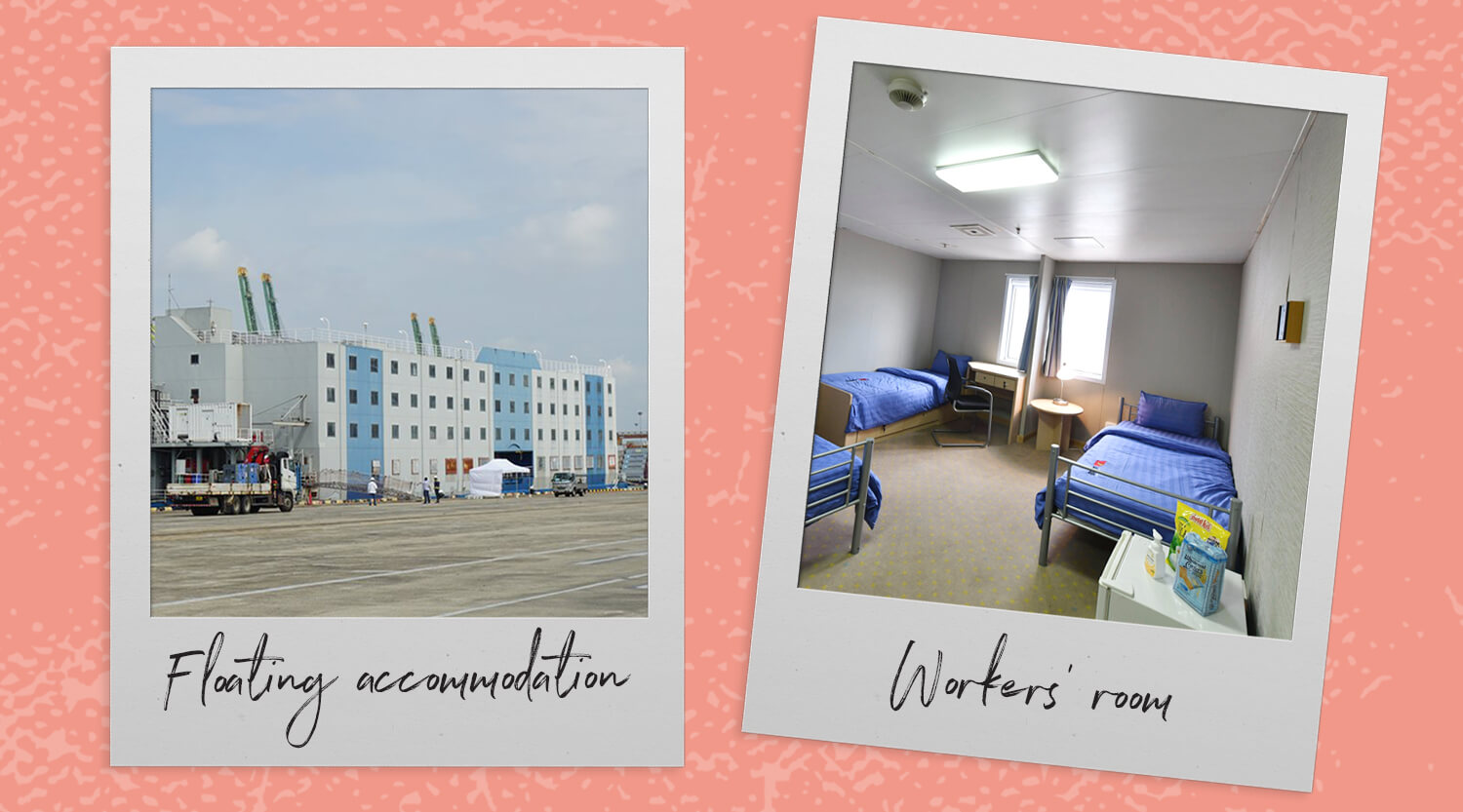
Floating a New Way of Housing
As the number of COVID-19 cases in foreign worker dormitories surged, with four dormitories under quarantine in April 2020, more had to be done to curb the spread of the virus. Migrant workers who were feeling well and in essential services had to be housed separately from those in quarantine within the dorms.
The Maritime and Port Authority of Singapore (MPA) partnered with terminal operator PSA Singapore, Keppel Offshore & Marine, floating accommodation operators, serviced apartment operator The Ascott Limited, and several government agencies to bring in and manage two floating accommodation vessels to house these migrant workers.
These floating accommodation vessels typically house offshore workers and can house around 500 people. Being mobile, they can be quickly set up to boost Singapore’s housing capacity.
However, at that time, many of the readily available vessels had communal washrooms instead of en-suite ones. The latter is a safety measure requirement, as Mr Goh Chung Hun, former Director (Shipping and Marine) at MPA's Shipping Division, told MPA’s Nautilus. This greatly reduced the number of suitable vessels available.
Nevertheless, after assessing for suitability, two vessels nearby in Johor, Malaysia, and Batam, Indonesia, were quickly brought to Singapore and prepared for the migrant workers. Wi-Fi and CCTV systems were installed along with smart thermal scanners, and the vessels’ fresh water tanks cleaned to store potable water.
As the demand for space increased, the number of floating accommodations managed was subsequently increased to seven, providing capacity to house up to 2,550 workers.
The migrant workers went through health checks before boarding and had to minimise interaction with other occupants, following the public health measures set out by the Ministry of Health (MOH). The residents had allotted times in the day to exercise on the decks, enjoy the view, or run errands.
The MPA had also prepared foreign exchange and remittance services, a mini-mart, and laundry and barber services. Wi-Fi was freely available for the workers to stay connected to loved ones or keep entertained.
Ms Chong Lee Fee, Deputy Director (International Programme) at the MPA Academy, said: “It was not an easy operation having to work with many stakeholders across a number of agencies. However, it was a fulfilling experience as all parties did their best to support the Whole-of-Government efforts to look after the welfare of the migrant workers and seafarers.”
Isolation facilities and a medical facility, staffed by nurses and doctors from Fullerton Healthcare, were also set up on land at Tanjong Pagar Terminal, where the floating accommodations were berthed.
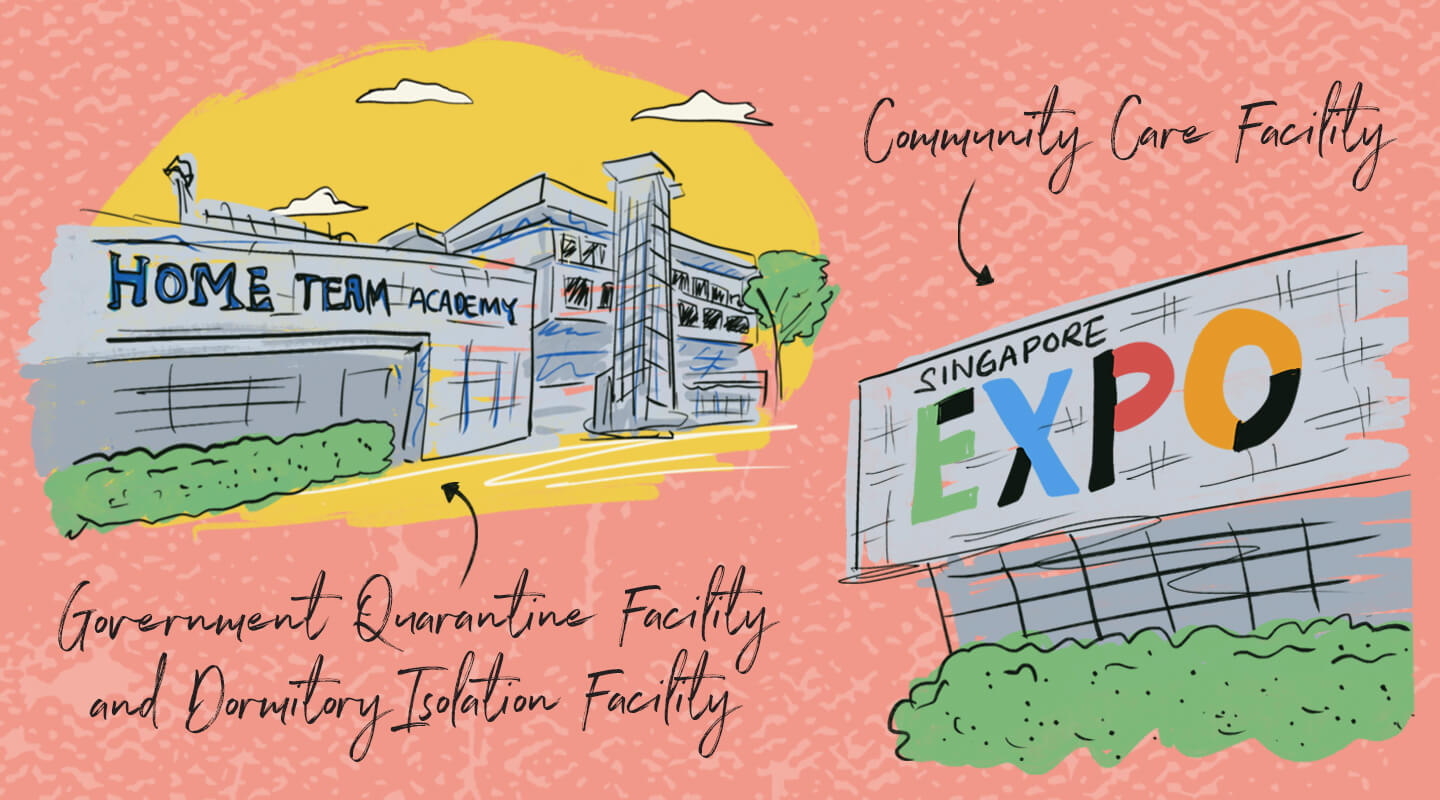
From Training Academy To Quarantine Facility
The Home Team Academy (HTA) was one of the first government agencies to concurrently operate a Government Quarantine Facility housing relocated migrant workers and a Dormitory Isolation Facility – both within its premises at Old Choa Chu Kang Road.
As a residential training academy, the HTA’s six dormitory blocks already had protocols to prevent the spread of diseases such as the flu. Additional safety measures such as designated pathways were implemented to minimise the crossing of paths, in line with MOH and Ministry of Manpower guidelines. The HTA also made posters in English, Bengali and Tamil to remind residents to observe personal hygiene and safe distancing.
The HTA housed more than 500 migrant workers and about 700 Persons-Under-Quarantine from January 30 to July 9, 2020.
Partnering With the Private Sector
For over nine months, the Singapore Expo was used as a Community Care Facility to house COVID-19 patients when local infections were high. To free up hospital capacity for patients who needed urgent medical care, Singapore Expo housed COVID-19 patients who had tested positive but were feeling well or had mild symptoms.
Over five days, led by Woodlands Health Campus, staff from the MOH Office for Healthcare Transformation, Singapore Armed Forces (SAF) and Health Promotion Board worked alongside private sector partners to convert the space into one that could take care of hundreds of COVID-19 patients.
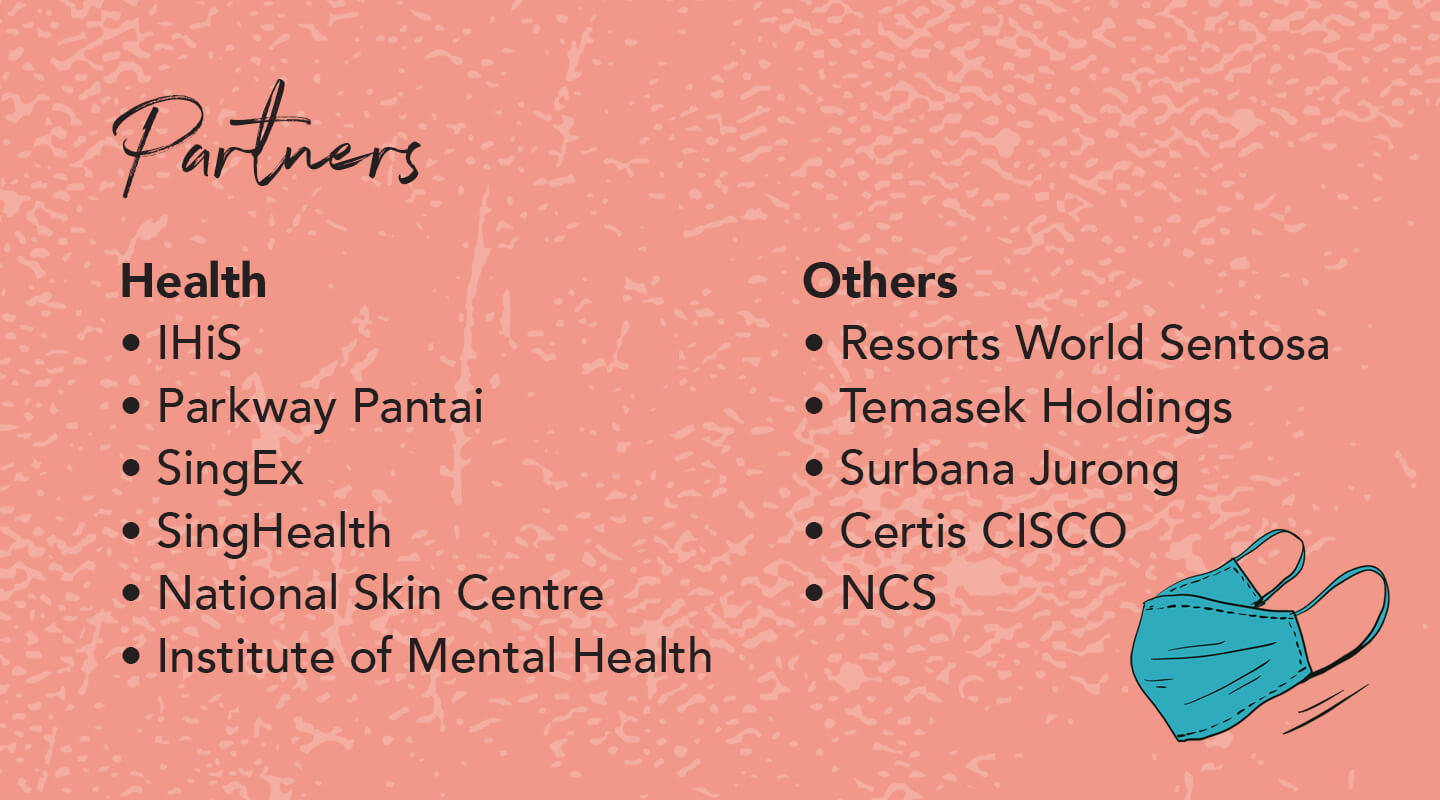
They constructed makeshift rooms; moved in thousands of beds, cabinets and chairs; and set up equipment for communication and medical monitoring. By April 22, within just 17 days, six halls had been set up to house almost five thousand COVID-19 patients.
After these migrant workers recovered, they were moved to the floating dorms.
Home Recovery Programme
Since September 2021, the Home Recovery Programme (HRP) has become the default mode for individuals who test positive for COVID-19 but have mild or no symptoms. They are able to recover safely in their own homes with 24/7 access to medical support from telemedicine providers.
This programme is led by the Ministry of Health, and supported by the People’s Association, Agency for Integrated Care and the Government Technology Agency.




